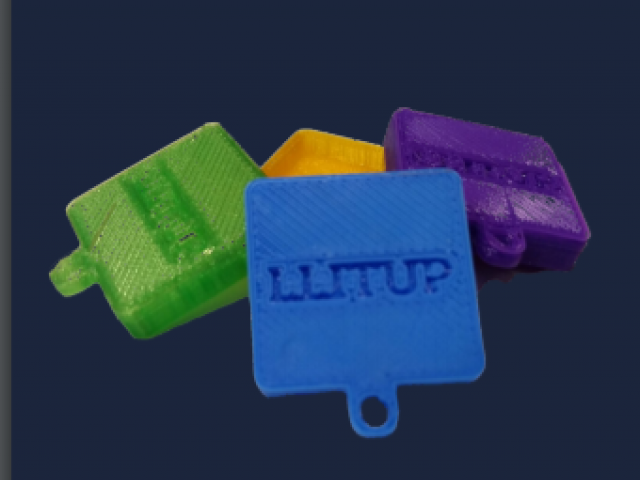Workshop 3: LLITUP
3 December 2020
Using gamification as a strategy to reimagine assessments/activities that address digital competencies (lecturers and in-service teachers)
Mr Jody Joubert & Ms Gontse Mthelebofu: Lecturers and Researchers in Computer-Integrated Education, University of Pretoria. Click here to read their biography.
This workshop will address issues from two of the four sub-themes of the conference, namely:
- Pedagogical considerations in Distance Education (DE).
- Technologies of DE.
Being digitally competent is at the forefront of skills that teachers need in a technology-infused society. Developing these competencies requires us to reimagine the way in which we teach and learn. This is imperative during and after a pandemic. The Department of Basic Education (DBE) in South Africa introduced a Professional Development Framework for Digital Learning. The framework has three main focus areas, namely: Professional Growth and Knowledge, Curriculum Focus, and Leadership. Thirteen digital competencies are dealt with under the main focus areas. The DBE called upon Faculties of Education and Teacher Training Institutions to address these competencies during teaching practice.
The Faculty of Education at the University of Pretoria decided to address the framework by using gamification as a methodology to address these digital competencies. The programme uses game-based design elements in non-gaming situations. The gamification of the programme is aimed to motivate and engage students. Students receive extrinsic motivation in the form of badges that illustrate the curation of new digital competencies.
The method employed to address the competencies is not to teach them to students, but rather to let students experience them through gamified learning activities in pre-existing modules. Students receive a digital badge once they have adhered to set criteria set out for the completion of the activity. The digital badge reflects that students have successfully acquired multiple digital competencies set out in the framework. Lecturers who design the gamified learning activities go through multiple steps to ensure that some of the competencies are addressed.
For the purpose of the workshop and anticipated target audience, the gamified learning activity can be designed by either lecturers or in-service teachers.
Requirements for participants
- Template (provided in Word format)
- Technological device that can be used to type
- Print or write out the template provided
Aim and Objectives
By the end of the session, participants should be able to design a gamified learning activity, which can be used in their practice. During the workshop, participants will design a gamified learning activity (digital badge), which can be administrated to students or learners. The activity should address some of the digital competencies included in the professional development framework for digital learning.
Workshop outline
The workshop will be delivered in a gamified manner seeing participants progress through five levels:
Level 1: Current practice
- Decide on a module or subject that you want to focus on
- Choose a pre-existing activity (can be an activity or assignment)
- Describe which content is focused on during the activity
- Explain how the activity is currently being administrated
Level 2: Identify competencies and tools
- Work through the Digital Competencies from the framework and identify competencies that you want to address
- Decide which digital tools and resources you are going to incorporate
Level 3: Design a new activity
- Describe the newly designed activity
- Decide what needs to be done by you to administrate the activity (Preparation) successfully
- Decide how you are going to roll out the activity to students (LMS etc.)
Level 4: Analyse the new activity
- Analyse the activity based on which cognitive level it falls on (use Revised Blooms Taxonomy)
- Analyse the activity based on its technology integration level (use SAMR model)
Level 5: Design incentives
- Decide which criteria will be used to allocate the incentives to students or learners (percentage, participation etc.)
- Decide how students will receive feedback
- Decide on an extrinsic incentive for the completion of the activity.
Possible Discussions
- Gamification as a pedagogical method
- How to address digital competencies
- The incorporation of digital tools and resources in content delivery

